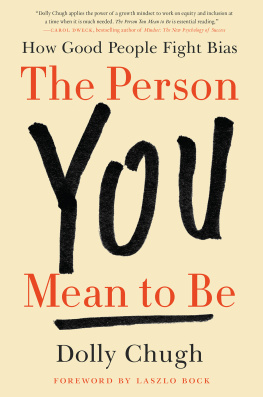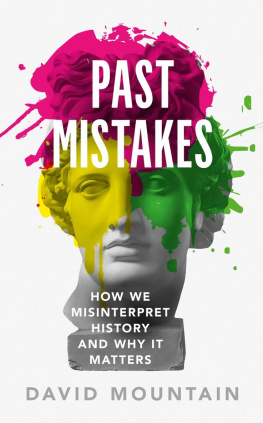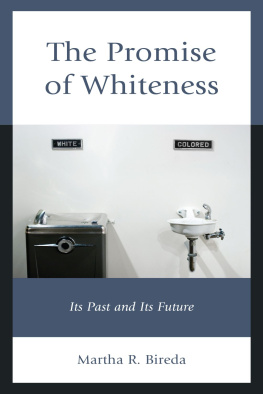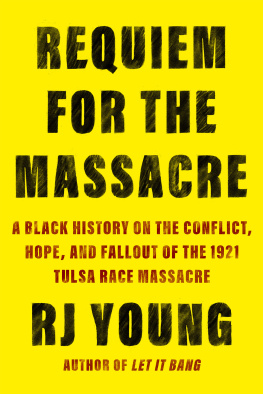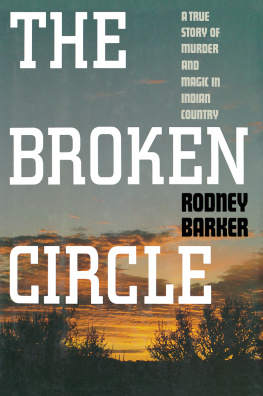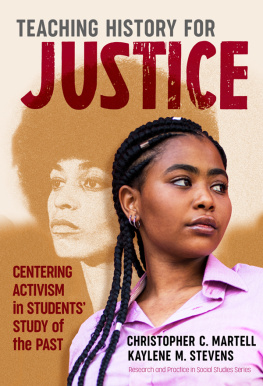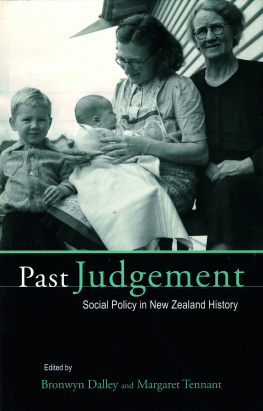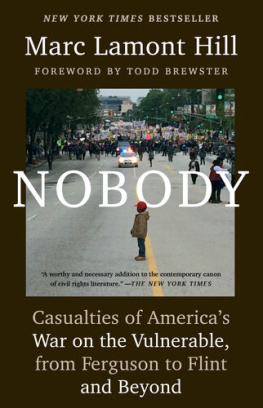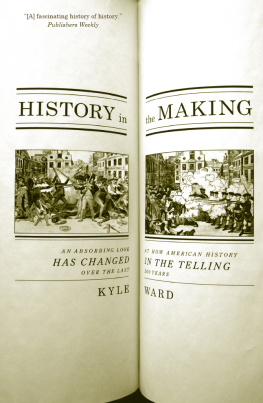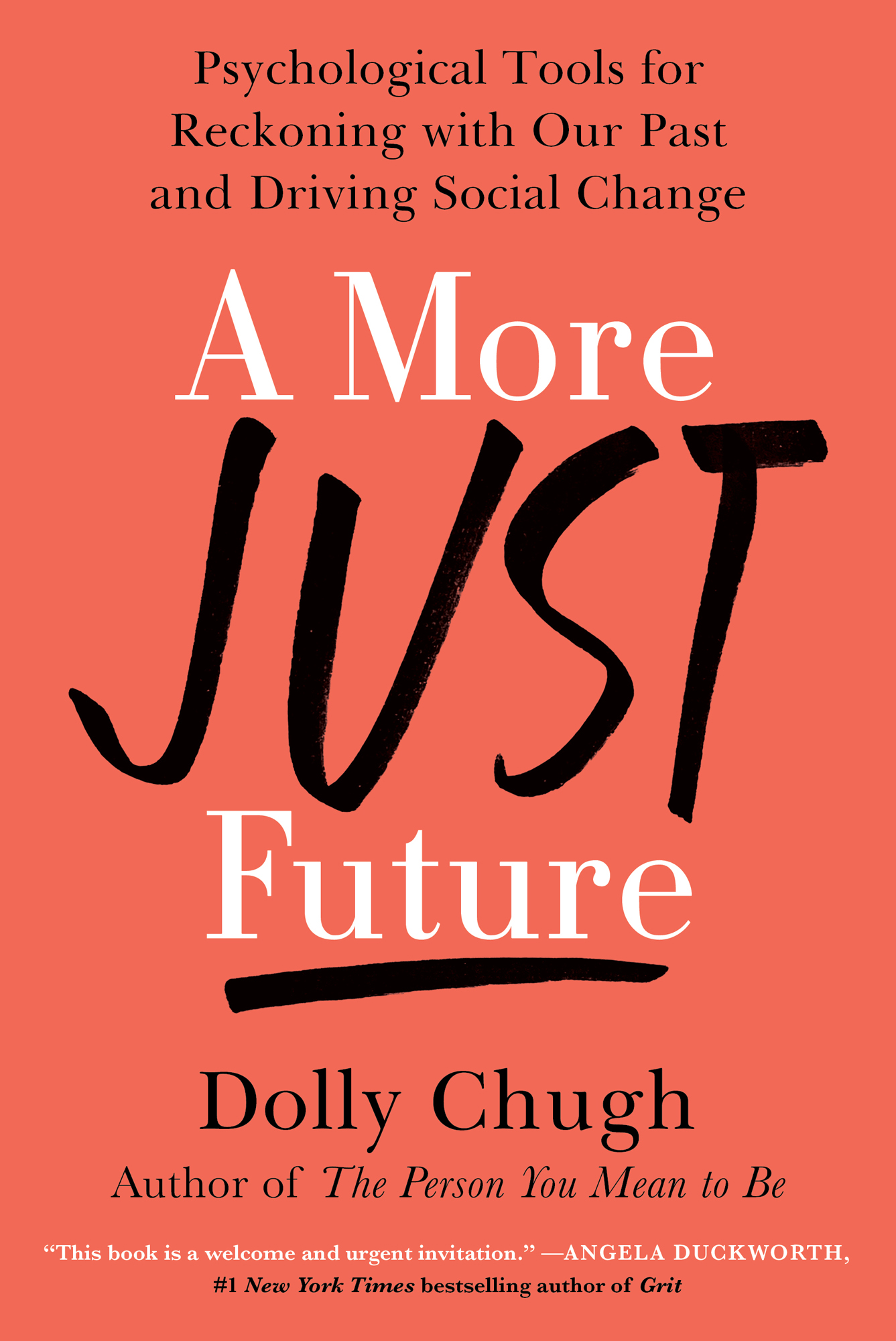Contents
Guide
Psychological Tools for Reckoning with Our Past and Driving Social Change
A More Just Future
Dolly Chugh
Author of The Person You Mean to Be
This book is a welcome and urgent invitation. Angela Duckworth, #1 New York Times bestelling author of Grit
For my parents
Prologue So Much to (Un)Learn
In 2011, I read the entire Little House on the Prairie series aloud to my daughters. I loved sharing stories of this quintessential American family. We related so much to the Ingalls family that my husband and I devoted a weeklong summer road trip with our children through South Dakota and Minnesota, visiting the towns of Walnut Grove and DeSmet. We walked on the same soil, saw the same sky, and breathed the same American spirit as the family with whom we identified. Throughout the week, I found myself humming, This land is your land, this land is my land.
As the children of immigrants, we loved immersing our kids in this deeply American story. The vacation delighted our children, spared our budget, and glorified the patriotic values of hard work, family, and love of country that we emphasize in our home and nation.
A parenting triple play. Nailed it, I remember thinking, with a nontrivial bit of smugness.
Years later, I realized what a disservice I had done my children and the country I love.
Little House
If you have seen the television show Little House on the Prairie, you might remember the iconic opening, with the Ingalls girls in prairie dresses running through tall grass and wildflowers. At the time of our trip, our kids knew the books but had never seen the show from the 1970s and 80s. In a general store in South Dakota, we bought them prairie dresses, handmade by a local resident, because cuteness. Later that day, with no parental prompting from us, the kids spontaneously reenacted that iconic scene and in a parenting miracle, we managed to snap a photo (finding that picture now is another story). Prairie dresses, tall grasses, flowing tresses how I savored the sweetness of that moment.
Now I recall that trip with sweet nostalgia and sweet regret. The opportunity was literally in my lap to help my kids learn about our countrys past, its beauty and its burdens. I missed the chance because I was thinking about Ma, Pa, Mary, Laura, and baby Carrie, not about their historical context.
So I doubt I paused to explain or consider that the Ingalls family built a house in Indian country because, as Pa explained to Laura, When white settlers come into a country, the Indians have to move on. I likely tsk-tsked at racist phrases like the only good Indian is a dead Indian, yet overall, I never questioned who the heroesand villainswere in the American story I had grown up reading and watching.
I am no history buff, but I could have asked basic questions. Whose land did that little house sit on? How did Lauras family justify stealing land from the Osage Indians? Where did those Native Americans go? These questions pinched my thoughts every now and then, but I ignored them because I lacked the tools to engage the contradictions that surfaced or to untangle complicated narratives. I let my kids believe the same fables I had grown up believing.
I Wish
Looking back now, I wish I had seized the chance to help my kids learn age-appropriate truths. I wish I had named and embraced the paradox of the Ingallses as American heroes and colonizers. I wish I had connected the dots between events of Lauras time and events of my childrens time. I wish I had rejected those fables of who the bad guys were. I wish I had helped my kids see that the Ingallses were good people benefiting from an unjust system that favored them and generations to come. Instead, I was burdening my kids with the same need to unlearn that I (and most Americans) carry.
In the United States, my generation and the one that raised us grew up playing cowboys and Indians and watching Westerns starring Roy Rogers, Gene Autry, and the Lone Ranger as heroic cowboys, civilized heroes conquering uncivilized savages. While my kids are less exposed to such games and movies, they are growing up at a time when tens of thousands of fans of the 2021 World Series champions Atlanta Braves do tomahawk chops with their phone flashlights in a stadium where the lights are deliberately darkened for maximal visual effect.
In fact, Native American mascots for sports teams proliferate at professional, college, and K12 levels, with many teams and fans claiming these symbols as signs of honor and respect. This argument is countered by the stereotypical, misleading, and insulting images of these mascots. The American Psychological Association recommends such mascot usage be retired because of the demonstrable harm it does to Native people it claims to represent and to non-Native people who absorb racist stereotypes.
And it is not just mascots. A New York Times teachers resource titled Teaching About the Native American Fight for Representation, Repatriation, and Recognition highlighted the many waysfrom TV shows to historical markers to return of artifactsthat Native Americans are fighting for social change. I am struck by how few of these issues ever dawned on me. None of the systems of education or media or law that I navigate highlight these issues. When it comes to this history, there is much for meand my childrento unlearn.
Good Guys Win
Granted, in 2011 when we took that trip, our country had serious problems but little idea of the despair to come. Trayvon Martin and George Floyd were alive. Barack Obama was president. Donald Trump was hosting Celebrity Apprentice, which Arsenio Hall would soon win. We had already forgotten the H1N1 swine flu epidemic of two years earlier.
I guess I wanted to believe that things were okay the way they were. Research by psychologist John Jost and colleagues shows that we tend to be invested in the way things are, albeit often on an unconscious level. I like to oversimplify the system justification theory as the good-guys-win mindset. The world, with its tomahawks and mascots, is filled with indefensible systems. Still, we are wired to see those systems and the world, including the past and present treatment of Native Americans, as good, fair, legitimate, and desirable. Good guys win. Even when the status quo harms our own interests, we are often inclined to defend that status quo. Something about that status quo addresses our underlying psychological needs.
One manifestation of this psychology is a colonial mentality in which we exalt white cultural values, behaviors, norms, and appearances at the expense of those of nonwhite people. Of course, there is much to admire in these values, behaviors, norms, and appearances; it is the exalting at the expense of nonwhite elements that make a colonized mind. Decolonizing ones mind is a process of untangling the systems that our mind has justified, especially when those systems do not serve us. In other words, to decolonize is to unlearn.
Accidental History Lessons
I did little to decolonize this (my) mindset as my children sat in my lap, begging for one more chapter. In my weak defense, we wanted the Ingalls sisters story, not a history lesson. Nonetheless, bedtime stories often serve as accidental history lessons and you can be sure that I awarded myself parenting points for sprinkling in educational content at bedtime.


